Debunking the Top 8 Myths About Clothing Manufacturers
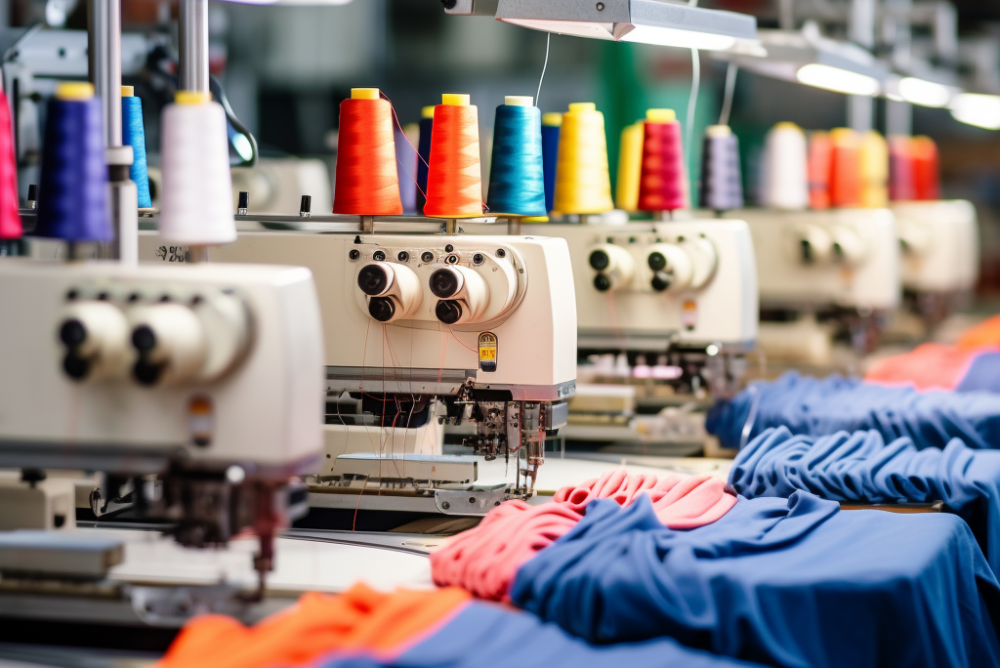
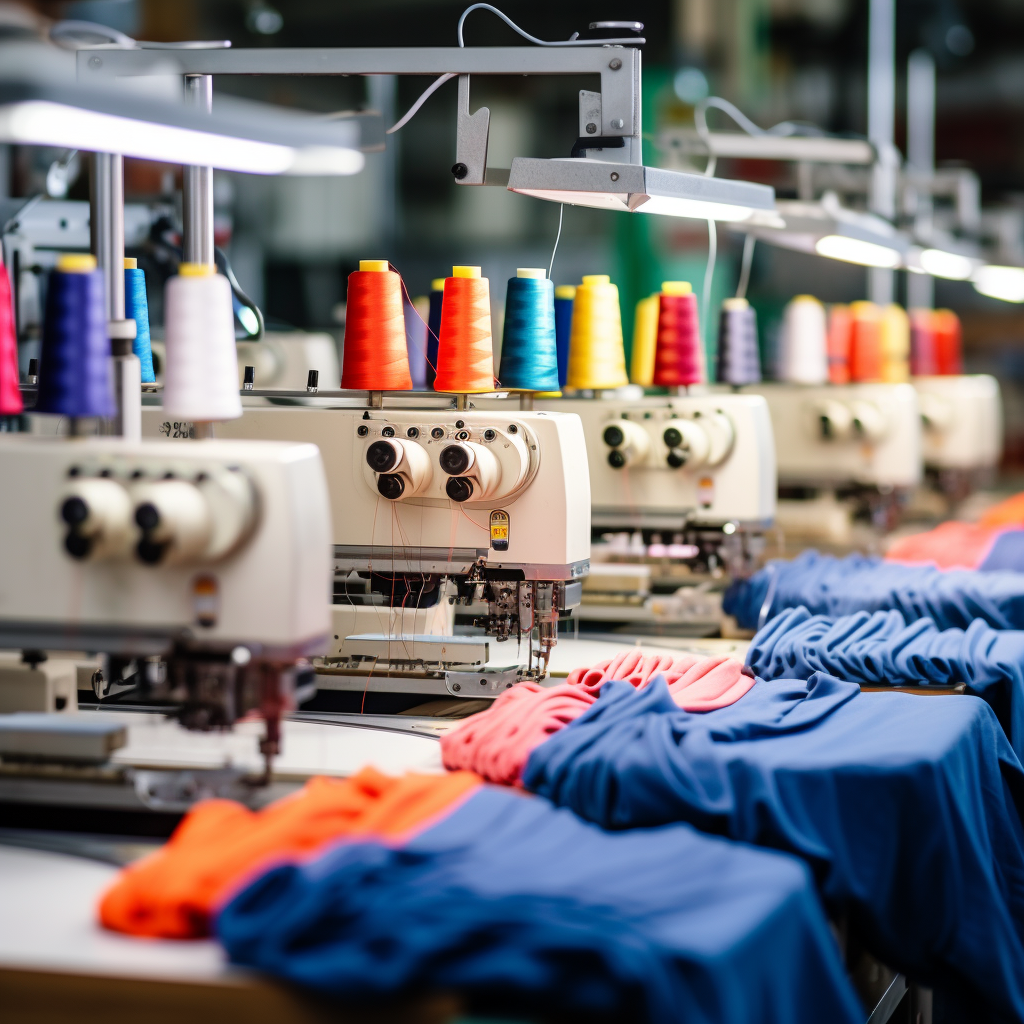
In a world awash with information, the fashion industry is no stranger to myths and misconceptions. The era of fast fashion, consumer trends, and global supply chains has given birth to a slew of beliefs that often lack empirical backing. When it comes to clothing manufacturers, the myths are as tailored as the garments they produce. From quality concerns to sustainability issues, many of these myths shape our buying habits and influence business decisions.
The risk in believing these myths is not just misinformation; it can impact the bottom line of small businesses, influence consumer behavior, and even perpetuate unjust labor practices. This article aims to debunk the top 8 myths about clothing manufacturers, drawing upon verified industry data and expert opinions to guide you through the labyrinth of hearsay. Whether you're a fashion entrepreneur, a conscious consumer, or just curious, this piece is designed to offer a comprehensive and fact-based understanding of the subject.
Stay with us as we unravel each myth, breaking them down to their core components and presenting you with the truth that lies beneath the fabric of these misconceptions. By the end of this article, you'll be equipped with the knowledge to make informed choices, ensuring that the clothes you buy or the business you run stands up to scrutiny, both ethically and qualitatively.
Myth 1: Lower Price Always Equals Lower Quality
The Common Belief
One of the most prevalent myths in the fashion industry is that a lower price tag directly correlates with inferior quality. This belief often stems from the assumption that cheap materials and substandard workmanship are the only ways to achieve cost savings.
The Reality Check
In fact, lower prices can sometimes result from economies of scale, efficient manufacturing processes, or even location-specific advantages like lower labor costs. Companies like Uniqlo and Zara have perfected the art of offering quality products at affordable prices by optimizing their supply chain and leveraging technology.
Expert Opinions
According to a study by McKinsey & Company, "The State of Fashion 2021," efficiencies in production and supply chain can dramatically reduce costs without sacrificing quality. Fast fashion brands have notably harnessed data analytics and Just-In-Time manufacturing to cut expenses.
The Verdict
While price can be an indicator of quality, it's not the sole determinant. Consumers and business owners alike should look beyond the price tag to consider factors such as fabric type, stitching quality, and even company reviews before making a judgment on the quality of a garment.
By debunking this myth, we open doors to explore affordable and quality options in clothing manufacturing, which can be particularly beneficial for startups and small businesses operating on tight budgets.
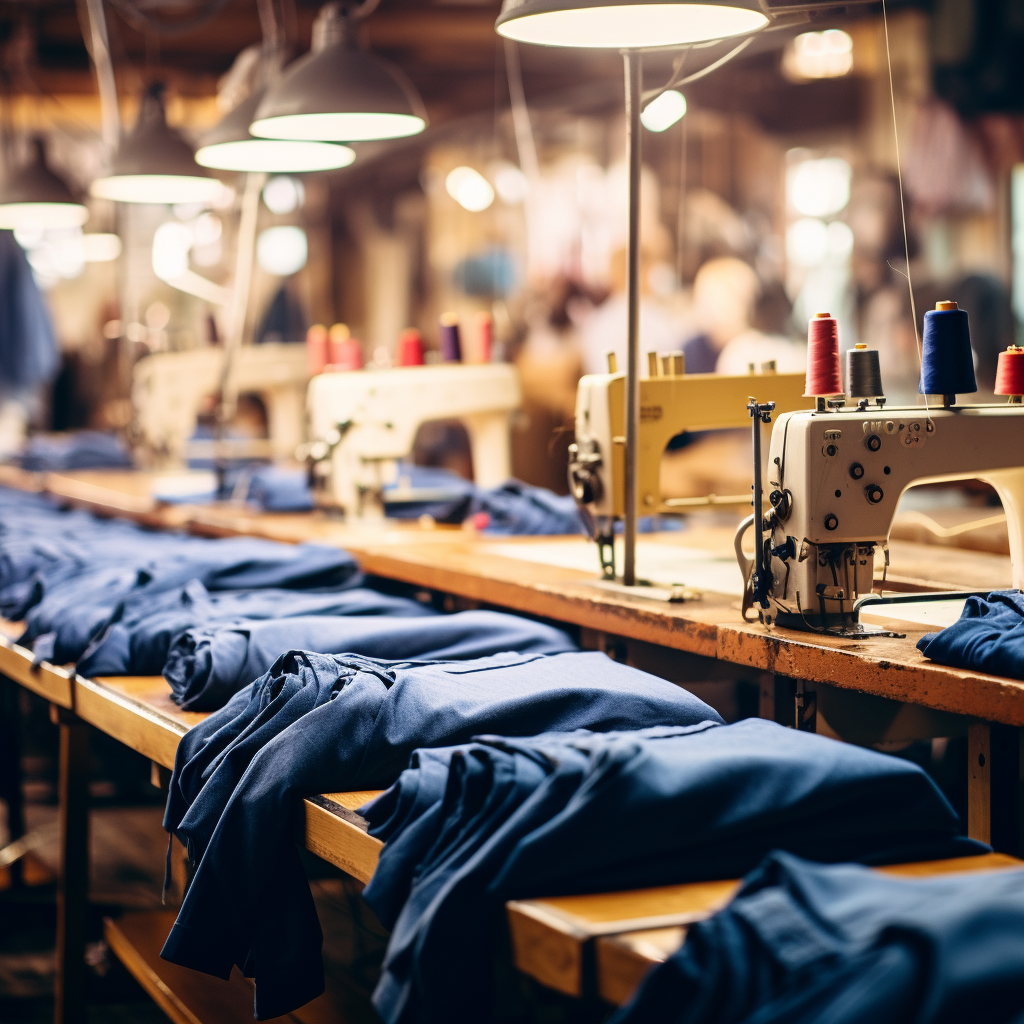
Myth 2: "Made in China" Means Poor Quality
The Common Belief
The "Made in China" label has often been stigmatized, with many consumers and businesses associating it with inferior products and shoddy workmanship. This stereotype is fueled by past instances of recalls and quality control issues that have tarnished the reputation of Chinese manufacturing.
The Reality Check
China's manufacturing landscape has evolved significantly over the years, undergoing advancements in technology, quality control, and labor skills. Today, China is responsible for the production of a range of high-quality goods, from electronics to fashion, that are globally competitive.
Expert Opinions
In a report by the World Economic Forum, China is highlighted as a leader in the Fourth Industrial Revolution, incorporating advanced manufacturing techniques like robotics and 3D printing. The "Made in China 2025" initiative aims to upgrade the manufacturing capabilities further, focusing on quality over quantity.
The Verdict
Labeling all Chinese-made products as subpar is an outdated notion that fails to consider the strides China has made in the manufacturing sector. Whether it's Apple's iPhones or high-end designer clothing, numerous premium products are now made in China, adhering to stringent quality control measures.
Dismissing a clothing manufacturer solely based on its location is a missed opportunity and could lead to overlooking potential partners capable of delivering both quality and value.
Myth 3: Small Manufacturers Can’t Handle Large Orders
The Common Belief
The perception that smaller manufacturers are ill-equipped to handle large-scale production often dissuades businesses from even considering them as viable options. The concern generally revolves around capacity, speed, and logistical issues.
The Reality Check
Many small to medium-sized manufacturers are remarkably agile and flexible, offering a range of specialized services that larger factories might not provide. They also often have quicker turnaround times for smaller batches, making them an excellent choice for brands that rely on speed-to-market.
Expert Opinions
According to a report by the National Association of Manufacturers (NAM), smaller manufacturing firms are driving innovation and demonstrating a high level of customization in their offerings. Such businesses are leveraging technology to compete with larger counterparts efficiently.
The Verdict
Volume should not be the only criteria for selecting a manufacturing partner. Factors like specialization, flexibility, and even proximity can sometimes outweigh the benefits of sheer production capacity. Small manufacturers can often scale their operations to meet increased demand, all while maintaining quality and customization levels that larger factories might struggle to provide.
By steering clear of this myth, businesses can tap into a rich vein of opportunity, potentially finding a manufacturing partner that aligns more closely with their brand ethos and operational needs.
Myth 4: Clothing Manufacturers Don't Care About Sustainability
The Common Belief
There's a prevailing sentiment that clothing manufacturers are solely profit-driven entities with little to no concern for environmental responsibility. This myth often stems from reports on the fast fashion industry's negative environmental impact and lack of transparent sustainability practices.
The Reality Check
The fashion industry has made significant strides in sustainability in recent years, fueled by consumer demand and emerging technologies. Many manufacturers are now offering eco-friendly materials like organic cotton, recycled polyester, and sustainable dyes. They are also adopting waste-reducing techniques and energy-efficient machinery.
Expert Opinions
The Sustainable Apparel Coalition's Higg Index is an industry-wide standard for measuring and evaluating sustainability performance. According to their findings, more manufacturers are joining the sustainability movement, driven in part by the pressure from brands and the educated choices of consumers.
The Verdict
While it's true that not all manufacturers prioritize sustainability, dismissing them all as environmentally irresponsible is an overgeneralization. Many are actively working to minimize their environmental footprint, offering businesses and consumers alike options for more sustainable fashion.
Understanding that sustainability is a growing concern for manufacturers helps in making informed choices for your fashion brand or personal consumption. By researching and opting for manufacturers that employ sustainable practices, you contribute to a greener and more ethical fashion ecosystem.
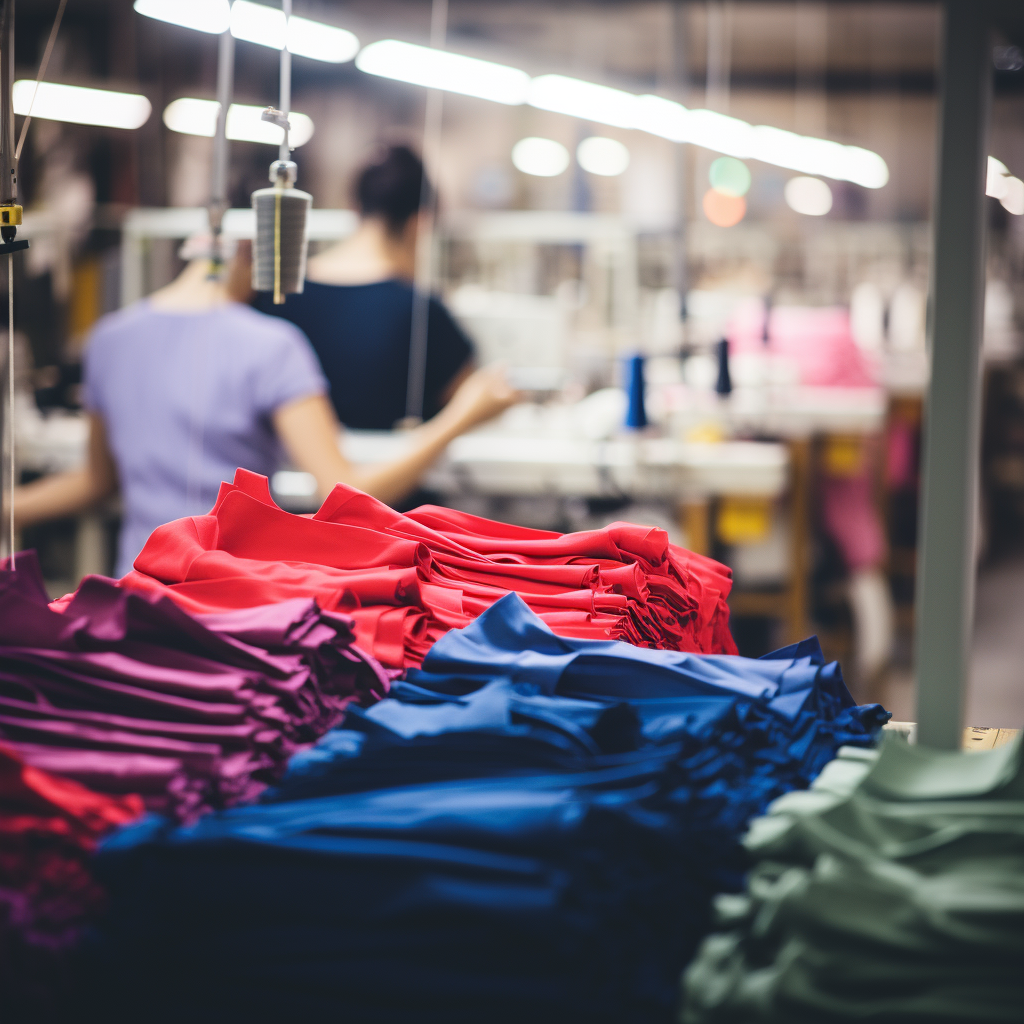
Myth 5: You Must Have Industry Connections to Get Good Deals
The Common Belief
Networking is important in any industry, but the myth that you must have inside connections to get favorable deals with manufacturers can intimidate newcomers. The assumption is that established relationships trump all other factors, making it difficult for new brands or small businesses to break in.
The Reality Check
While connections can be advantageous, they are not the end-all-be-all for securing good deals. With the rise of online platforms and trade shows, it has become easier than ever for businesses of all sizes to connect with potential manufacturing partners.
Expert Opinions
A report by the Fashion Institute of Technology (FIT) notes that emerging technologies like blockchain are even leveling the playing field, allowing for transparent and fair transactions between brands and manufacturers.
The Verdict
Networks and relationships are valuable, but they aren't the only pathway to advantageous business agreements. By doing thorough research, attending industry events, and leveraging digital platforms, even newcomers can build beneficial relationships with manufacturers.
This understanding democratizes access to the manufacturing sector, offering equal opportunities to both small and large players, provided they do their due diligence.
7: Myth 6: It's Easier to Work with Domestic Manufacturers
The Common Belief
The convenience of geographical proximity and the absence of language barriers often give rise to the belief that it's easier to work with domestic manufacturers. Many assume that going local eliminates many of the hassles associated with overseas manufacturing, such as shipping delays and cultural misunderstandings.
The Reality Check
While domestic manufacturing offers certain advantages, like shorter shipping times and easier communication, it doesn't necessarily mean it's the best or easiest option for all businesses. Globalization and technology have made it easier than ever to communicate and collaborate with international partners.
Expert Opinions
According to a report by Deloitte, advances in digital supply chain management have drastically reduced the complications that traditionally come with international manufacturing relationships. The use of digital platforms for project management and real-time communication tools can bridge the logistical and cultural gaps.
The Verdict
Choosing between a domestic and an international manufacturer should be a strategic decision based on various factors, including but not limited to cost, expertise, and capacity. Technology and improved logistics networks have made it feasible to maintain effective, long-distance working relationships with international manufacturers.
By not limiting your options to domestic manufacturers, you could find a partner that better suits your needs in terms of expertise, cost-efficiency, and scalability.
Myth 7: All Manufacturers are the Same
The Common Belief
A frequently held view is that all manufacturers are more or less the same in terms of what they offer. This misconception can lead businesses to choose a manufacturing partner based solely on price, ignoring other crucial factors like quality, sustainability, and specialization.
The Reality Check
Manufacturers can vary greatly in their capabilities, technologies, and areas of expertise. Some might specialize in knitwear, while others excel at producing high-quality leather goods. They may also differ in terms of minimum order quantities, lead times, and pricing structures.
Expert Opinions
According to the International Trade Administration, specialized manufacturers often hold certifications in their field, be it organic materials, artisan crafts, or technical fabrics. Such credentials serve as differentiators, indicating a level of expertise and quality assurance.
The Verdict
One size does not fit all when it comes to clothing manufacturers. Businesses should conduct a thorough evaluation of potential manufacturing partners, considering factors such as product range, capacity, technological capabilities, and ethical standards.
By acknowledging that manufacturers have diverse strengths and weaknesses, businesses can make informed decisions and choose a partner that aligns with their specific needs and values.
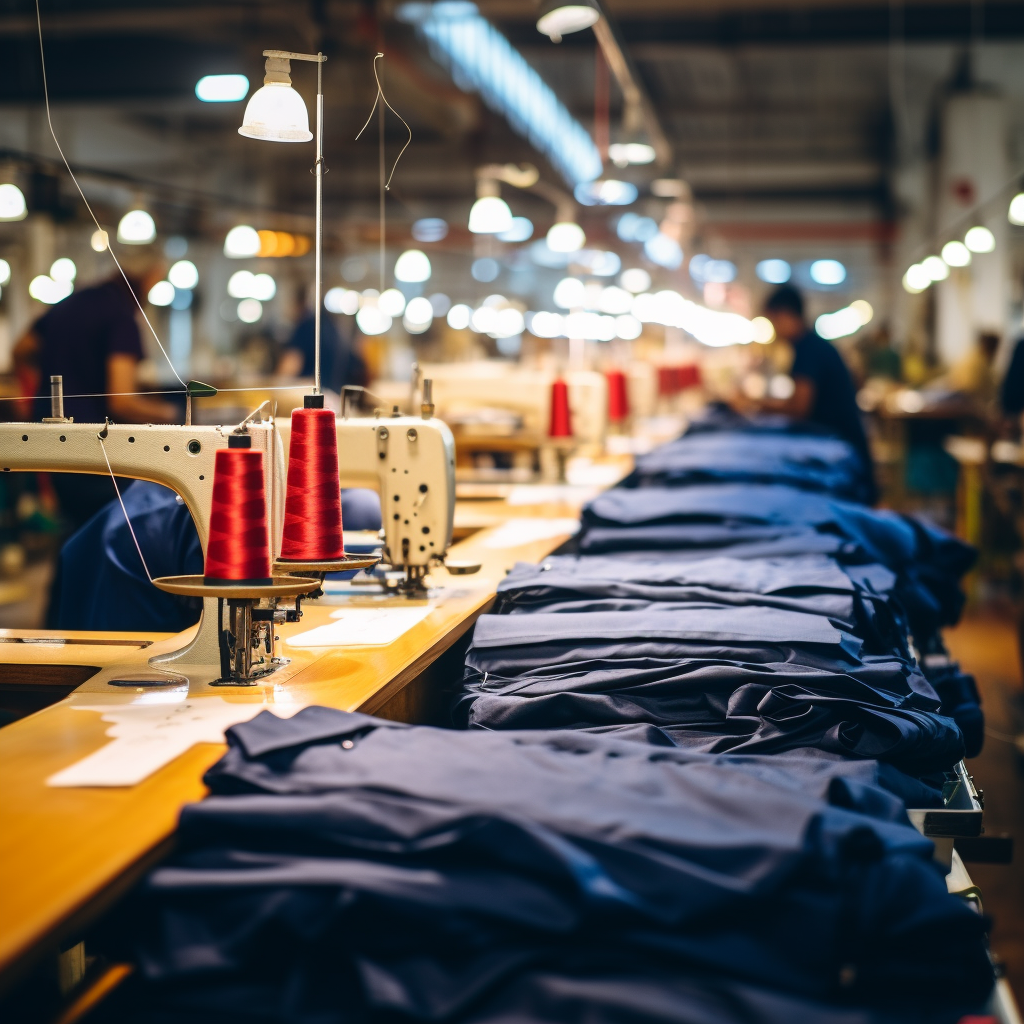
Myth 8: Technology is Making Human Skill Obsolete in Clothing Manufacturing
The Common Belief
With the advent of automation, robotics, and Artificial Intelligence (AI), there's a growing belief that technology will soon replace human skill in clothing manufacturing. This myth fuels concerns about job loss and a decrease in artisanal craftsmanship.
The Reality Check
While technology is indeed revolutionizing the industry, the human element remains irreplaceable for tasks requiring intricate detail, creativity, and expertise. Technology and human skill are evolving to complement each other rather than replace one another.
Expert Opinions
A report from the Massachusetts Institute of Technology (MIT) argues that advanced technologies like AI and machine learning are "augmenting" human labor rather than replacing it. These tools assist workers in becoming more productive and enable more precise craftsmanship.
The Verdict
The synergy between technology and human skill offers the best of both worlds: efficiency and artistry. Technological advancements should be viewed as tools that enhance human capabilities rather than as a threat to employment and craftsmanship.
By recognizing the symbiotic relationship between technology and human skill, both consumers and businesses can appreciate the blend of innovation and tradition in the clothing they buy or produce.
Conclusion
Unveiling the truth behind these prevalent myths provides us with a more nuanced understanding of the clothing manufacturing industry. Dispelling these misconceptions is more than an academic exercise; it has practical implications for consumers, businesses, and the industry at large.
By being well-informed, we can make better choices, whether we are sourcing manufacturers for a fashion line or shopping for a new wardrobe. In a world where knowledge is power, breaking down these myths empowers us to be more responsible and discerning participants in the fashion ecosystem.
With this newfound clarity, you're not only better equipped to navigate the complexities of the clothing manufacturing world but also poised to contribute to a more ethical and sustainable fashion future.
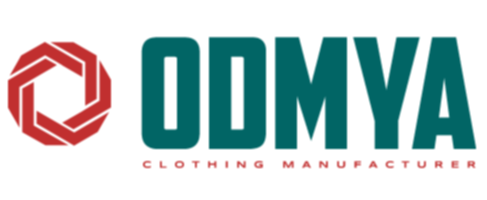




-500x500.jpg)
-500x500.jpg)
-500x500.jpg)
-500x500.jpg)
-500x500.jpg)